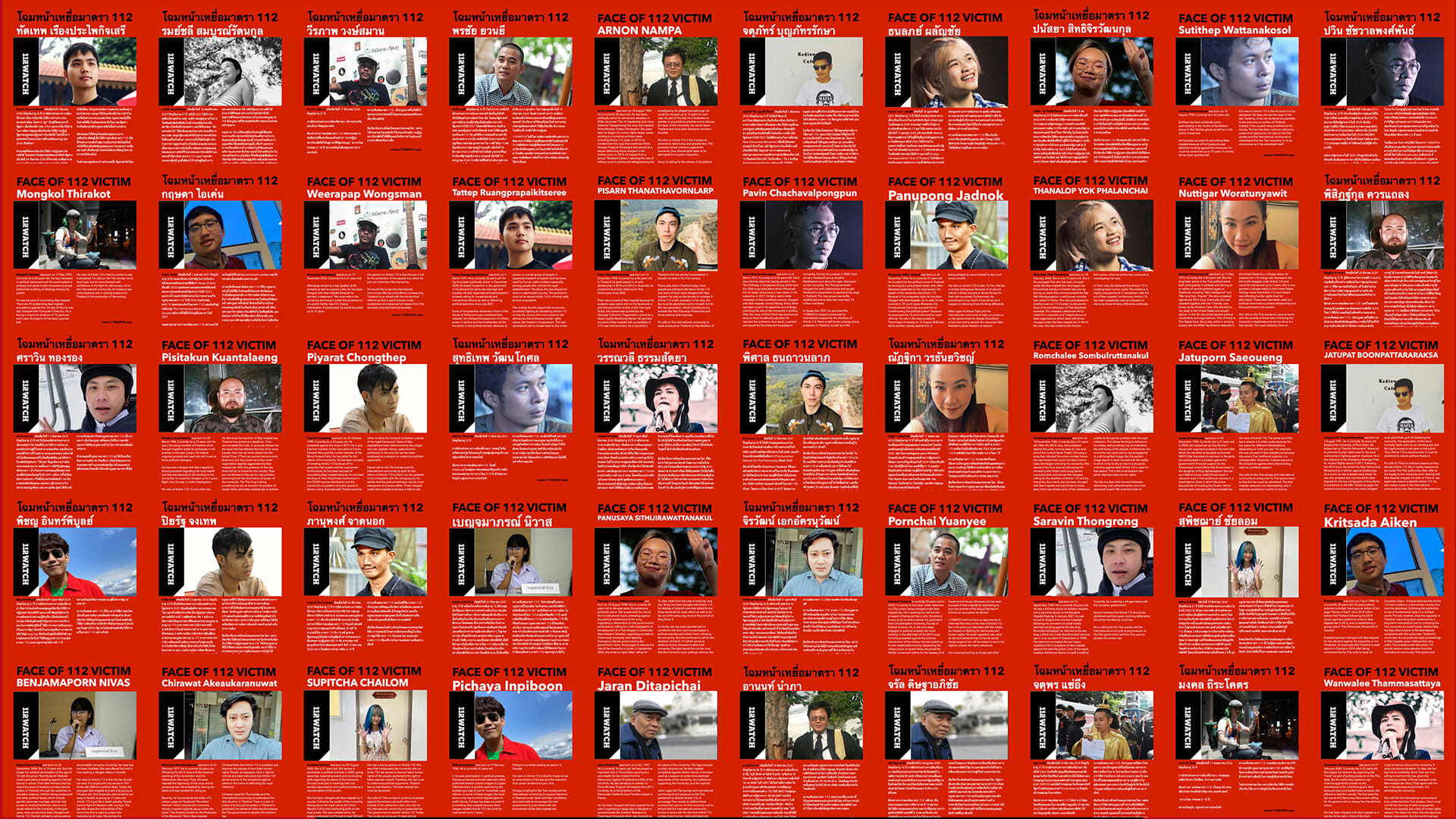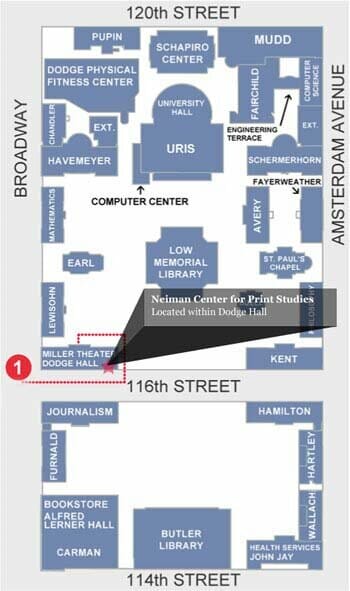
The Faces of Victims of 112: An Exhibition

The sharp rise of lèse-majesté was first detected in the aftermath of the 2006 coup that overthrew Prime Minister Thaksin Shinawatra. Then, the lèse-majesté law was used as a political weapon undermining political opponents. But as the Thai political crisis deepened, the use of lèse-majesté law became more frequent and discursive. In 2011, I launched a nationwide campaign to reform Article 112 as a result of the state prosecuting “Uncle SMS.” Ten years have passed; the situation with lèse-majesté has not improved. The coup of 2014 that toppled the government of Yingluck, sister of Thaksin, indeed worsened the situation. King, Vajiralongkorn, at first seemed to want to protect his image by calling for a moratorium against the use of lèse-majesté law in late 2017. But as evident, the law returned in late 2020, following the mass protests that called for an immediate royal reform. It is testament of the intention of the state (particularly the palace) to continue to use lèse-majesté to curb criticisms against the monarchy. The exploitation of Article 112 is unending. The impact it has caused on human rights has been immense. Since the return of the lèse-majesté law in 2020, we witnessed the mushrooming of lèse-majesté cases. In February 2023, there were 1,895 people being politically prosecuted in 1,180 cases. Among these numbers, 233 peoples were charged under the lèse-majesté law in 253 cases. Currently, the youngest accused of lèse-majesté is a 14-year-old girl.
Hence, it is now time to move into a more vigorous advocacy in calling for the international community to seriously address the problems with Article 122 in Thailand. For the reasons above and given the dire situation in Thailand caused by Article 112, I, in 2021, set up this project—112WATCH—as a platform to raise awareness regarding the issue of Article 112 by targeting at the multilateral diplomatic communities to get their consensus on the dealing with lèse-majesté. WATCH112 seeks to achieve its key objective: Build an advocacy coalition to produce positive policy change regarding Article 112 in Thailand.
Aside from the task of building alliance, 112WATCH also aims to inform the public about the impact of lèse-majesté law on the lives of individuals. I am also a target of the lèse-majesté law, being criminalised, unable to return home, forced to become a refugee. In the past years, there has been an increase in the number of Thai youths, charged by lèse-majesté law. Some have faced the consequences within Thailand, while some fled the country. Their fate is uncertain.
On this occasion, 112WATCH is launching this project “Faces of Victims of 112.” The idea is to use arts to communicate with our audiences to understand other aspects of the lèse-majesté law, particularly the human stories of those charged of lèse-majesté.
The exhibit is created on pieces of artwork telling the story of 25 activists charged with lèse-majesté. The story is written in both English and Thai (hence 50 pieces). The pieces will be printed (colour) and framed.

VIDEO

112WATCH wishes to thank the VDO editor, Suphitcha 'Jan' Donsrichan.
THE EXHIBITION
PUBLIC VIEWING
September 18th-25th. 10:00AM – 5:00PM (closed weekend)
LEROY NEIMAN GALLERY
Columbia University – School of the Arts
2960 Broadway, Suite 310 Dodge Hall
New York City


























